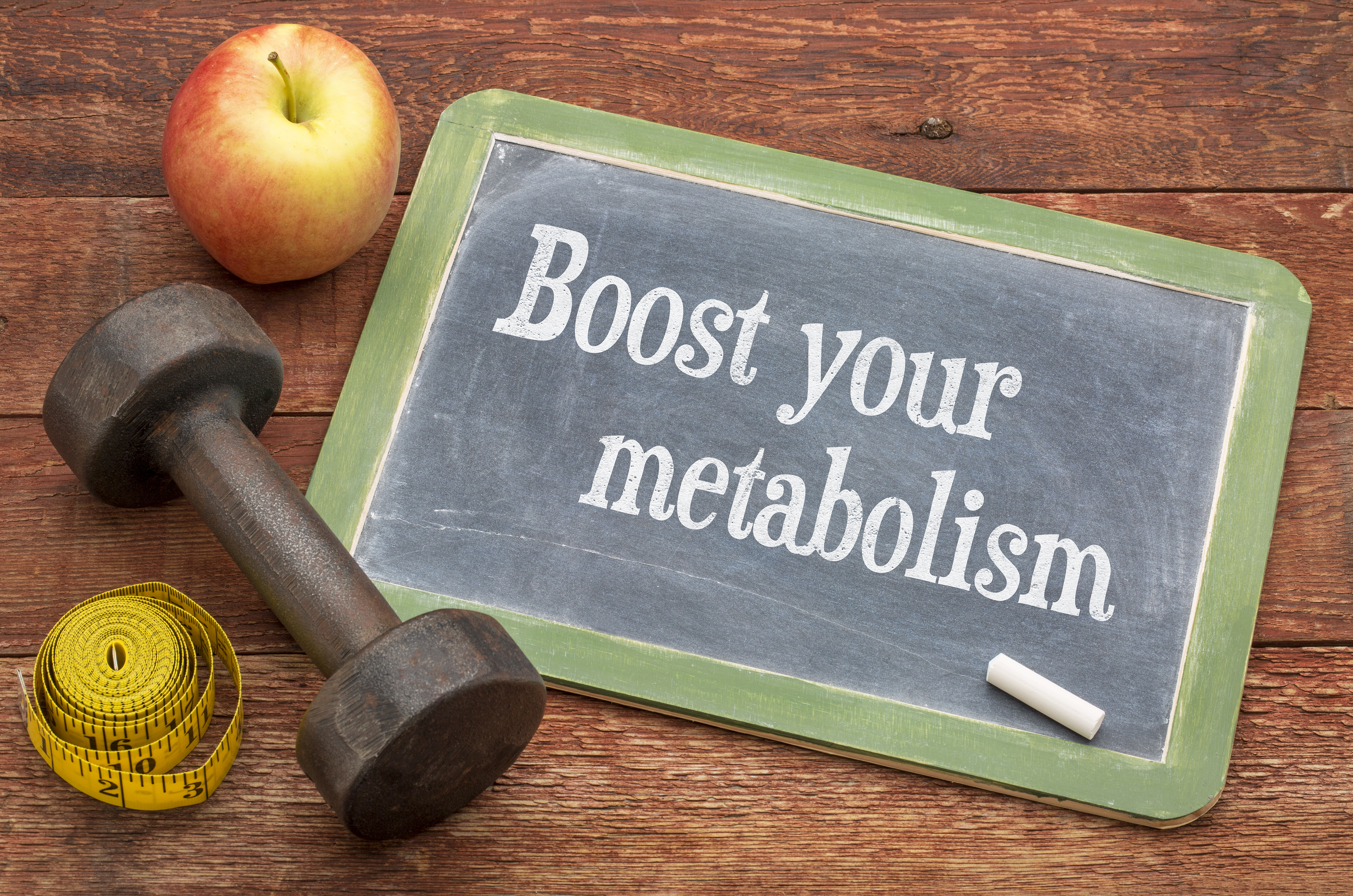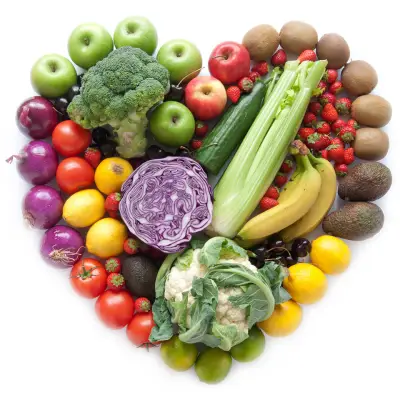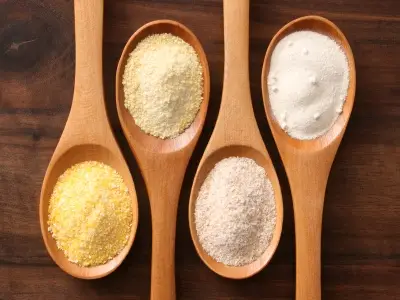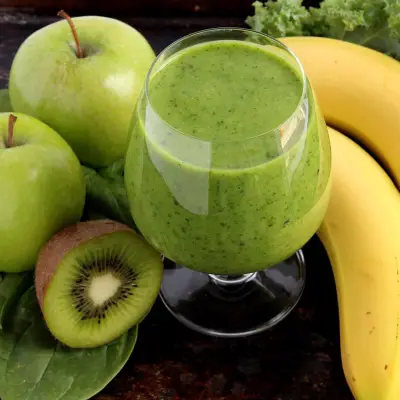Have you ever wondered why maintaining your ideal weight seems to get tougher as you age? Or perhaps you've noticed changes in your energy levels over the years? A key player in these shifts is your metabolism, the engine that powers every action your body undertakes, from thinking to running and everything in between.
So, does metabolism slow down with age? Let's explore this fascinating subject, from signs your metabolism is slowing down to tips to speed it up.
Jump to:
Recommended for you!
Best SellersUnderstanding Metabolism
Metabolism it's the process by which your body converts what you eat and drink into energy. This complex biochemical process combines calories with oxygen to release the energy your body needs to function. Your metabolic rate is influenced by several factors, including your age, gender, muscle mass, and physical activity level.

How Does Age Affect Metabolism?
As we age, our metabolism naturally begins to slow down. This gradual change can be attributed to several factors, including a decrease in muscle mass and hormonal changes. But when exactly does this shift start to occur?
Research suggests that your metabolic rate begins to slow as early as your late 20s or early 30s, with a more noticeable change typically happening by the age of 40.
Muscle Mass and Metabolic Rate
One of the key reasons metabolism slows with age is the loss of muscle mass. Muscle burns more calories than fat, even at rest, so a decrease in muscle mass means your body uses fewer calories. This change can contribute to weight gain if your caloric intake doesn't adjust accordingly.
Hormonal Changes
Hormonal shifts are another factor influencing the slowing of metabolism with age. For example, changes in the levels of thyroid hormone, which regulates metabolism, can lead to a slower metabolic rate. Additionally, women may experience a significant metabolic shift during menopause due to a decrease in oestrogen levels.
What Age Has the Highest Metabolism?
Generally, your metabolism is at its peak during your late teens to early 20s. This period is when you often have higher levels of physical activity and muscle mass, contributing to a faster metabolic rate. However, this doesn't mean you can't take steps to boost your metabolism later in life.

Does Slow Metabolism Mean Slow Ageing?
The relationship between metabolism and ageing is complex. Some studies suggest that a slower metabolism might be linked to a longer lifespan in certain species. However, it's essential to remember that many factors contribute to ageing, and a slower metabolism doesn't necessarily mean slower ageing for humans.
7 Signs Your Metabolism Is Slowing Down
- Increased Difficulty Losing Weight - If you find that shedding pounds is becoming more challenging despite maintaining a healthy diet and exercise routine, it could be a sign that your metabolism has slowed. Your body may not be burning calories as efficiently as before, making weight loss more difficult.
- Feeling Tired More Often - A noticeable decrease in your energy levels could be related to a slower metabolism. When your body isn't converting food into energy as effectively, you might find yourself feeling tired more frequently, even if you're getting enough sleep.
- Experiencing Colder Body Temperatures - If you're often feeling colder than others in the same environment, it might be due to a decrease in your metabolic rate. A slower metabolism can reduce the amount of heat your body generates, leading to a colder feeling.
- Slower Digestion - Changes in your digestive process, such as feeling bloated more often or experiencing constipation, can also indicate a metabolic slowdown. As metabolism decreases, so can the efficiency of your digestive system.
- Hair and Nail Changes - A slowing metabolism can affect the health of your hair and nails, leading to hair loss or brittle nails. These changes occur because your body prioritises vital functions over hair and nail growth when energy production slows down.
- Mood Changes - Metabolic changes can also impact your mood. Feeling down or experiencing mood swings more frequently can be linked to the changes in hormone levels associated with a slower metabolism.
- Increased Cravings - A decrease in metabolism can lead to increased hunger or cravings, especially for sugars and carbohydrates. This is your body's way of trying to get more energy quickly.
Can You Speed Up Your Metabolism?
You can take steps to boost your metabolism. Incorporating strength training to build muscle, staying hydrated, and eating enough protein can help maintain a healthy metabolic rate. Additionally, ensuring you get enough sleep and managing stress is essential for supporting your metabolism.

Common Questions About Metabolism and Age
How do you Support Your Metabolism as You Age?
Supporting your metabolism involves a holistic approach to wellness. Eating nutrient-rich foods, staying active, and prioritising sleep and stress management can all contribute to a healthier metabolic rate. Remember, it's never too late to make positive changes to your lifestyle.
How Do You Tell if Your Metabolism is Slowing Down?
Identifying a slowing metabolism can be tricky, but there are signs to look out for, including increased difficulty in losing weight, feeling tired more often, experiencing colder body temperatures, and noticing changes in your hair and nails. These indicators suggest it might be time to support your metabolism through lifestyle changes.
At What Age Do People Gain the Most Weight?
Weight gain is highly individual and can happen at any age. However, many people find it more challenging to maintain their weight as they get older, often due to a combination of a slowing metabolism and lifestyle changes. Adapting your diet and exercise habits to your body’s changing needs is essential.
Do People with Slow Metabolisms Live Longer?
The concept that individuals with slower metabolisms might have longer lifespans is intriguing, yet it's essential to remember that longevity is influenced by a variety of factors. Maintaining a balanced approach to health and wellness is fundamental for a long, fulfilling life.
How Can I Reduce My Metabolic Age?
Reducing your metabolic age involves making lifestyle choices that boost your metabolism. This includes engaging in regular exercise, consuming a balanced diet, and getting adequate rest. These choices can help your metabolism perform more efficiently, potentially reducing your metabolic age.
Does Metabolism Slow After 40?
Metabolism tends to slow down after the age of 40. This is often due to a decrease in muscle mass and hormonal changes that can affect metabolic rate. However, this doesn't mean you can't counteract these changes with appropriate diet and exercise.
Recommended for you!
Best SellersStudy Weight Loss and Nutrition for £29
Embark on a journey to understand and manage your metabolism with our Clinical Weight Loss Diploma Course, offering comprehensive insights into weight management and metabolic enhancement. We're excited to offer you this course at an exclusive price of £29 for a limited period!













